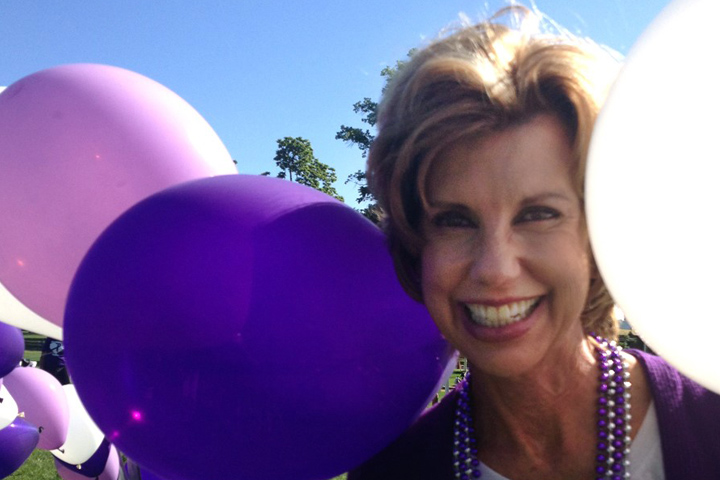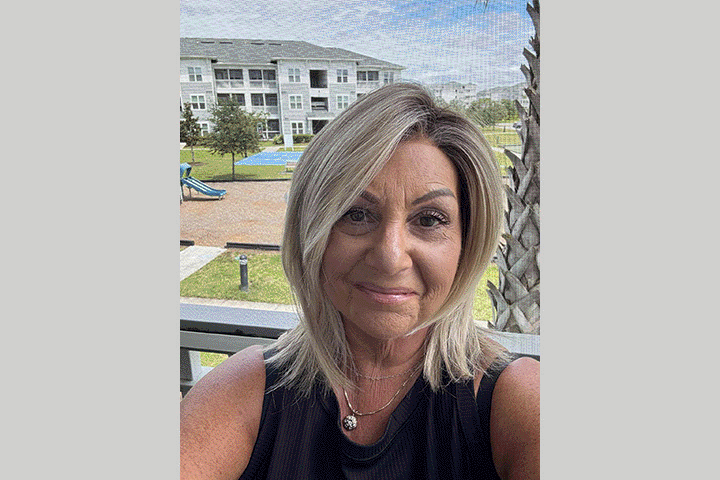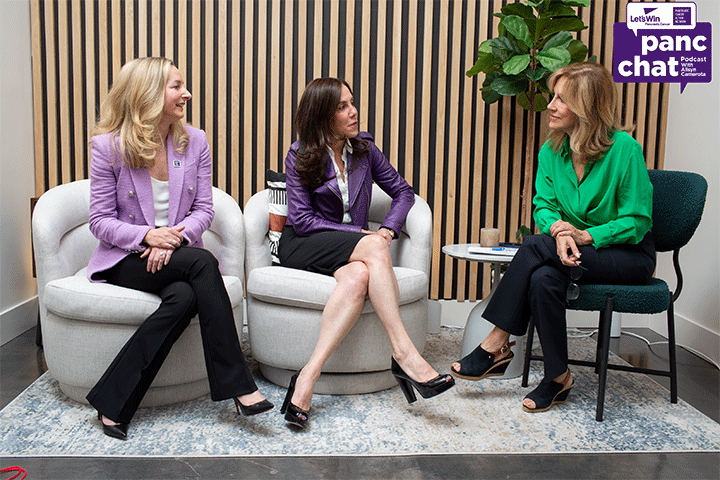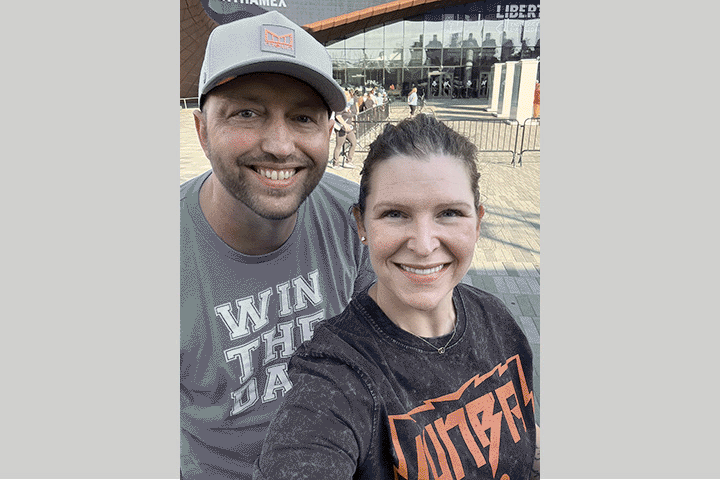Embracing Optimism

- Knowing my body and insisting on more tests for diagnosis
- Pain leads to pancreatic cancer diagnosis
- Whipple surgery to start treatment
- Three years of chemotherapy using a variety of drug combinations
- An additional drug treatment clears an infection; I am in remission
When I was diagnosed with pancreatic cancer in 2006, at age 55, I was shocked.
I’ve always been health conscious. I have never smoked; eating a healthy diet and maintaining a near-daily exercise routine since I was 20 has been a priority. But one day I felt intense pain, starting at the top of my head down to my toes, which nearly knocked me out. However, I was alarmed at how the “electrical” pain left as quickly as it had come. What remained was a residual pain concentrated in the lower right side of my back, often debilitating but mostly just annoying.
After seeing several doctors, I received diagnoses of gas, a pulled muscle, or it was my imagination, and nothing could be found. The pain never subsided. When I began to lose weight, I went back to my doctor, but the tests administered did not show anything wrong. More symptoms appeared—a loss of appetite, fatigue—but my doctors still could not find a problem. I knew my body and I knew something was very wrong.
I begged for a scan and after a colonoscopy and an advanced endoscopy, I received that devastating diagnosis “I’m sorry, Laurie, you have pancreatic cancer.” As far as I knew, pancreatic cancer was a death sentence. I was in shock; I barely knew what the pancreas did. I was in perfect health, an exercise enthusiast. How could this happen? I asked my doctor, “What could I have done differently?” He said, “Absolutely nothing.”
Starting Down the Road to Treatment
The cancer was stage III, because it had spread to my duodenum and lymph nodes. I was prescribed capecitabine, but right away my bile duct began crushing my liver. I had emergency surgery to relieve the pressure, which was unsuccessful. A few days later I had a Whipple procedure with Dr. Howard Reber, at UCLA Health. After recovering from the Whipple, my oncologist, Dr. William Isacoff, prescribed an aggressive regimen of various combinations of chemotherapy that included Gemzar, Taxotere, Xeloda, oxaliplatin, Erbitux, Abraxane, 5-FU, FOLFIRINOX, CPT-11 (irinotecan).
I was on chemotherapy for three years, a challenging experience. As difficult as the side effects were, such as hair loss, extreme fatigue, and pain, I would not believe my life was over. So, I focused on feeling better, on things that would shift my focus and mood. For me this was exercise—a walk, a light workout in the gym, or something outdoors. I allowed myself a minute of venting, self-pity, despair, and then let it go. I chose thoughts that made me smile and brought me peace; I asked for guidance and wisdom. Accepting the new normal was so difficult, I desperately missed the old me. I believe that how we think can change how we feel, so I knew I had to accept treatment for as long as it takes and try to live life as normally as possible in an effort to survive.
My oncologist aligned with my own philosophy of not giving up, living an active life, reaching outside the box. When you are fighting this disease, you can’t be passive, because you don’t have the luxury of time.
At the end of three and a half years, I was told the treatment was no longer effective, to get my affairs in order, I had only three to six months to live. Good friends recommended I see Dr. Daniel Von Hoff in Arizona. He discovered there was more to my condition, including a serious infection. He started me on the drug Rocephin, which had to be given intravenously. I didn’t want to remain in Arizona, so I learned how to give myself the IV treatment at home. The treatment worked, and I have been cancer-free since then!
The Good Times Return
The support of my husband, friends, and an empathetic oncology team helped me get through the bad times. Now, I have returned to my active lifestyle—biking, hiking, and running. For the past 10 years I have advocated for increased federal research funding for pancreatic cancer. I was the Chair of the National Board of Directors of the Pancreatic Cancer Action Network from 2013 to 2016, and was a board member, advocate, donor, and volunteer throughout my cancer journey and beyond.
I am a motivational speaker presenting nationwide to medical institutions, business organizations, women’s groups, and pharmaceutical companies. I work as a Personal Patient Advocate, having experienced most every aspect of this disease. I truly believe that by embracing hope, I was able to traverse even the toughest of times. I am committed to ensuring that others traveling this journey have a “translator” in their midst, offering guidance and most importantly hope. I am inhaling love and exhaling gratitude.
Learn more about Laurie by watching her video.





